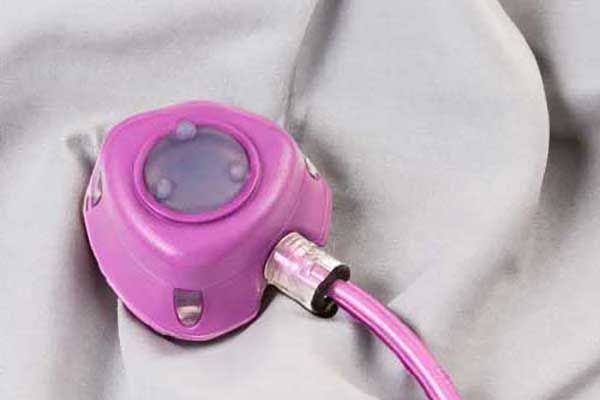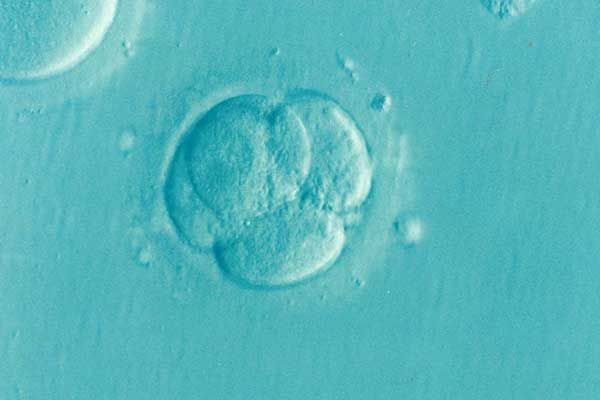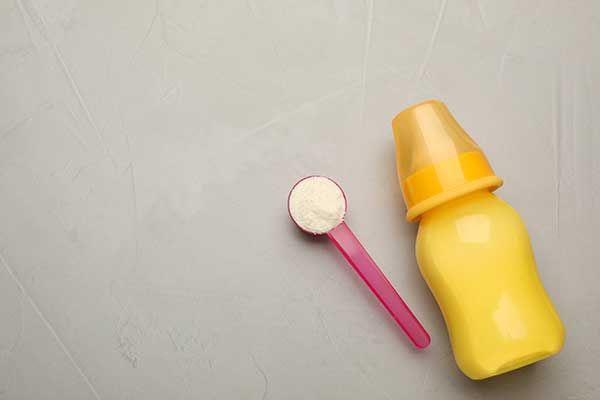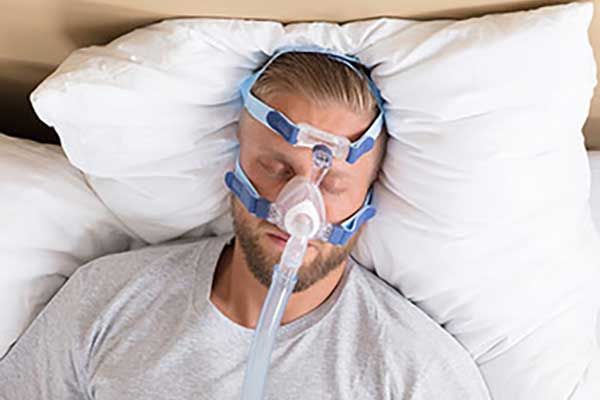
Bard PowerPort Lawsuit
Lawsuit Overview
Bard PowerPort lawsuits have been filed by patients across the country who claim they sustained injuries from their totally implantable vascular access device (TIVAD). Defective design of the implantable port catheter has led to fracturing, migration, or rotation after insertion for some patients, which can lead to serious infections, blood clots, other health consequences, or emergency surgery to remove the device.
Injured Bard PowerPort plaintiffs claim that they may have been able to avoid these life-threatening injuries had an alternative design of the device been used, or if the manufacturer had released a Bard PowerPort recall for these issues.
The mass tort attorneys at Grant & Eisenhofer are dedicated to fighting for the rights of individuals harmed by faulty medical devices like the Bard PowerPort TIVAD. Contact us today if you believe you have a Bard PowerPort injury claim. Your consultation is free, and you will only pay fees if we recover financial compensation on your behalf.
What is the Bard PowerPort?
Bard PowerPort is a brand name for a medical device that is surgically implanted in the body. It is a type of port, about the size of a quarter, that gives health care providers direct access to a vein to deliver medications, blood products, nutrition, or other intravenous fluids. The device is also often used for chemotherapy treatments in cancer patients, as it helps to avoid recurrent patient contact with needles. It is designed, manufactured, marketed, and sold by Bard Access Systems, Inc., which is a wholly-owned subsidiary of Becton, Dickinson and Company. They have a significant market share in these products.
The catheter device is made from polyurethane and silicone, and also contains barium sulfate. Barium sulfate is a contrast dye that helps with port visibility during imaging tests, such as X-rays. However, barium sulfate has been shown to degrade polyurethane and silicone when in contact with human tissue.
Complaints allege that, over time, the barium sulfate can break down from the surface of the Bard PowerPort. This degradation can lead to divots, cracks, tiny fractures, and even breakage of the device inside the body. The device may also malfunction or migrate to other parts of the body, plaintiffs have alleged. These complications may lead to serious injuries, including, among others:
- blood clots
- perforations of tissues, vessels, and organs
- hemorrhaging or bleeding injuries
- heart arrhythmia
- pulmonary embolism
- necrosis (tissue death)
- infections, such as sepsis
- death
The FDA has received hundreds of adverse event reports concerning this issue from patients implanted with different types of Bard PowerPorts, but the company continues to market the products as safe and effective without recalling them, revising the products, or including warnings on the device labels. Bard PowerPort lawsuits claim Bard knew or should have known about the many complications associated with the device, but did not warn consumers. Instead, Bard shifted blame onto doctors, lawsuits allege, by suggesting the devices were implanted incorrectly by physicians.
Bard PowerPort Devices at Risk
Several recent lawsuits name different kinds of implantable catheter ports manufactured by Bard. Many may be prone to fracturing or breakage, such as:
- Implanted Ports such as BardPort®, SlimPort®, and X-Port®
- Bard Power-Injectable Implantable Ports (PowerPorts®)
- PowerPort Implantable Port
- PowerPort ClearVUE Slim Implantable Port
- PowerPort Implanted Port with Groshong Catheter
- PowerPort MRI Implanted Port with 9.6 Fr Silicone Catheter
- PowerPort duo MRI Implantable Port
- Power-Injectable Implantable Ports with Chronoflex Polyurethane Catheters
If you were injured after being implanted with one of these devices above, or if you aren’t sure which one you may have, contact us today to discuss your unique situation. We may be able to help you file a claim to seek compensation.
Bard PowerPort Lawsuit Eligibility
Wondering if you are eligible to file a Bard PowerPort injury claim? Lawsuits are currently being filed in the District of Arizona against defendants Bard Access Systems, Inc., C.R. Bard, Inc., and Becton, Dickson & Company.
If you had a totally implantable venous access device (TIVAD) implanted and later were told your device fractured, cracked, migrated, or rotated, and required medical intervention, you may be eligible to file a lawsuit.
Similarly, if you sustained one of the following adverse health events that required hospitalization after you had a Bard PowerPort TIVAD implanted, you may be eligible to file a claim and seek compensation for your injuries:
- perforations of tissues, vessels, and organs
- deep vein thrombosis (DVT) / blood clots
- embolization of catheter that leads to arrhythmias, pulmonary embolism, myocardial injury; thrombosis, cardiac tamponade, perforation or death
- necrosis (dead tissue) around port site
- device-related organ damage
- infections
If your loved one died from complications due to the Bard PowerPort, compensation may also be available.
Contact an experienced attorney at Grant & Eisenhofer to discuss your unique situation and to help determine your eligibility. We can review your potential legal options and walk you through the process of what to expect if you file a claim to recover compensation.
Contact Our Attorneys to Discuss Your Potential Bard PowerPort Claim
If you or a loved one received a Bard PowerPort that fractured, cracked, migrated, or rotated, and required medical intervention (or resulted in death) or you experienced other adverse health complications due to the device, call us today. Grant & Eisenhofer P.A. attorneys can evaluate your potential claim with you during a completely free consultation.










